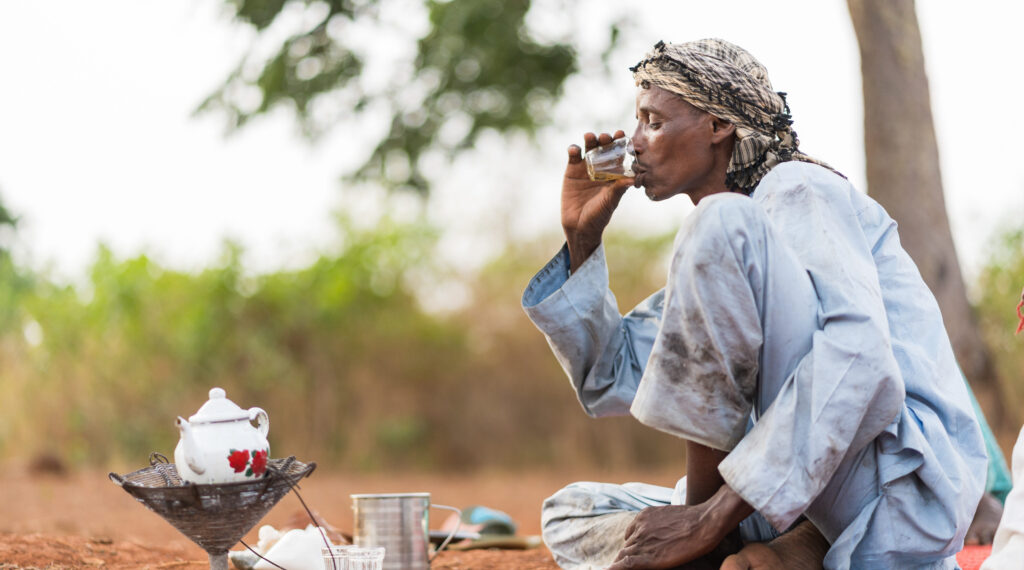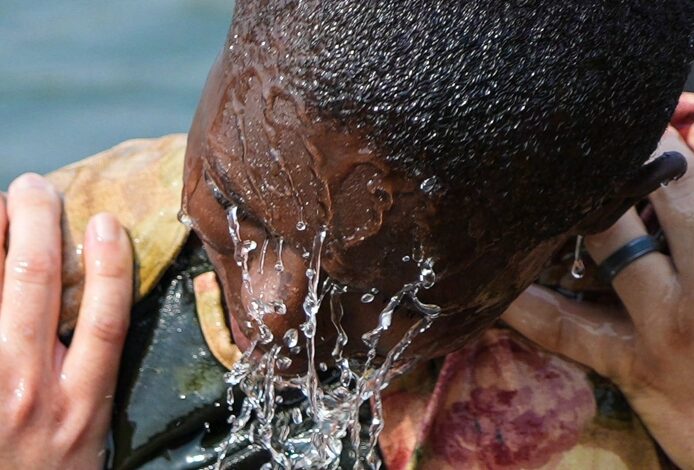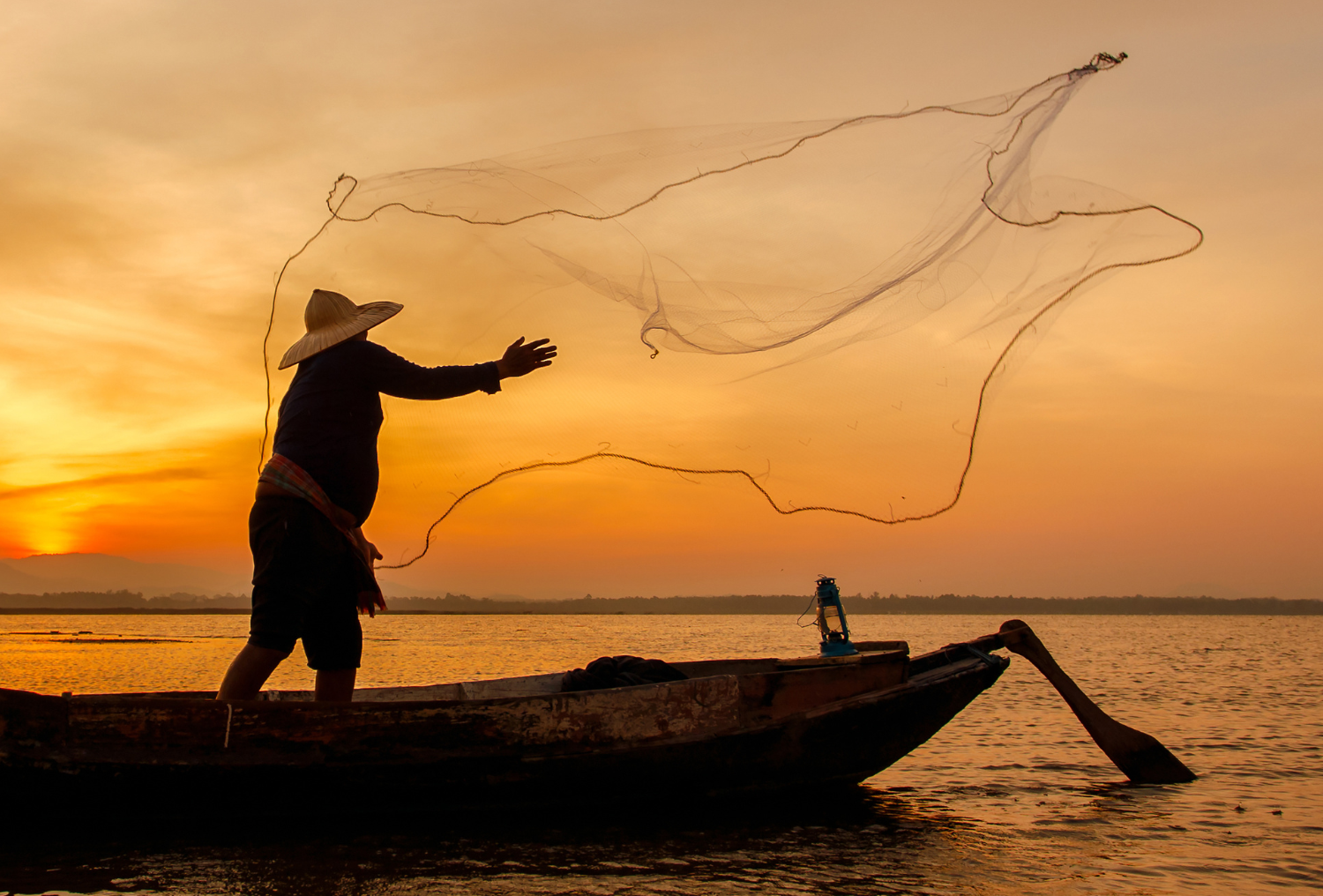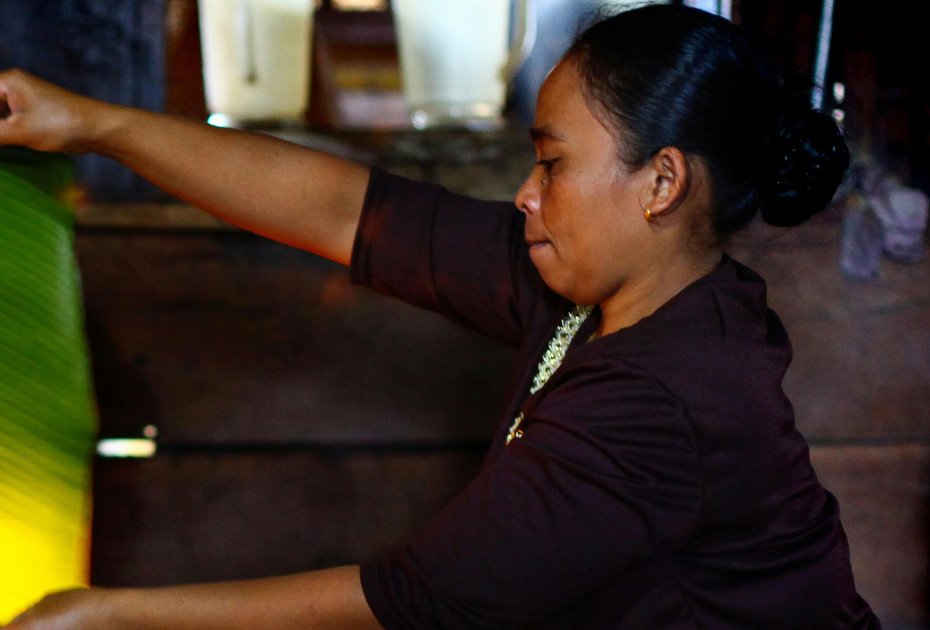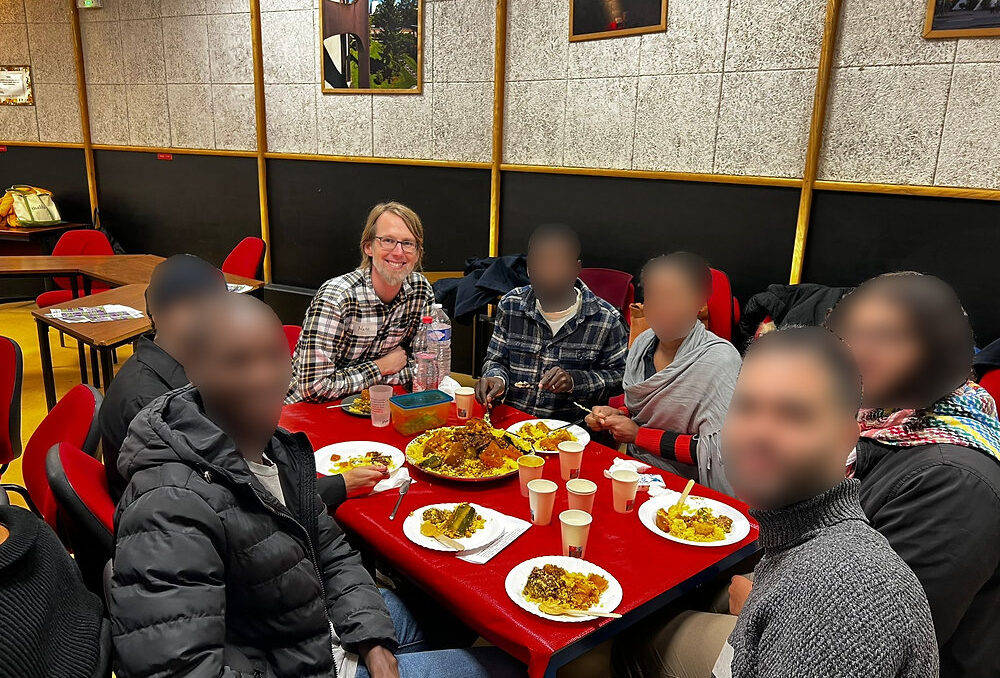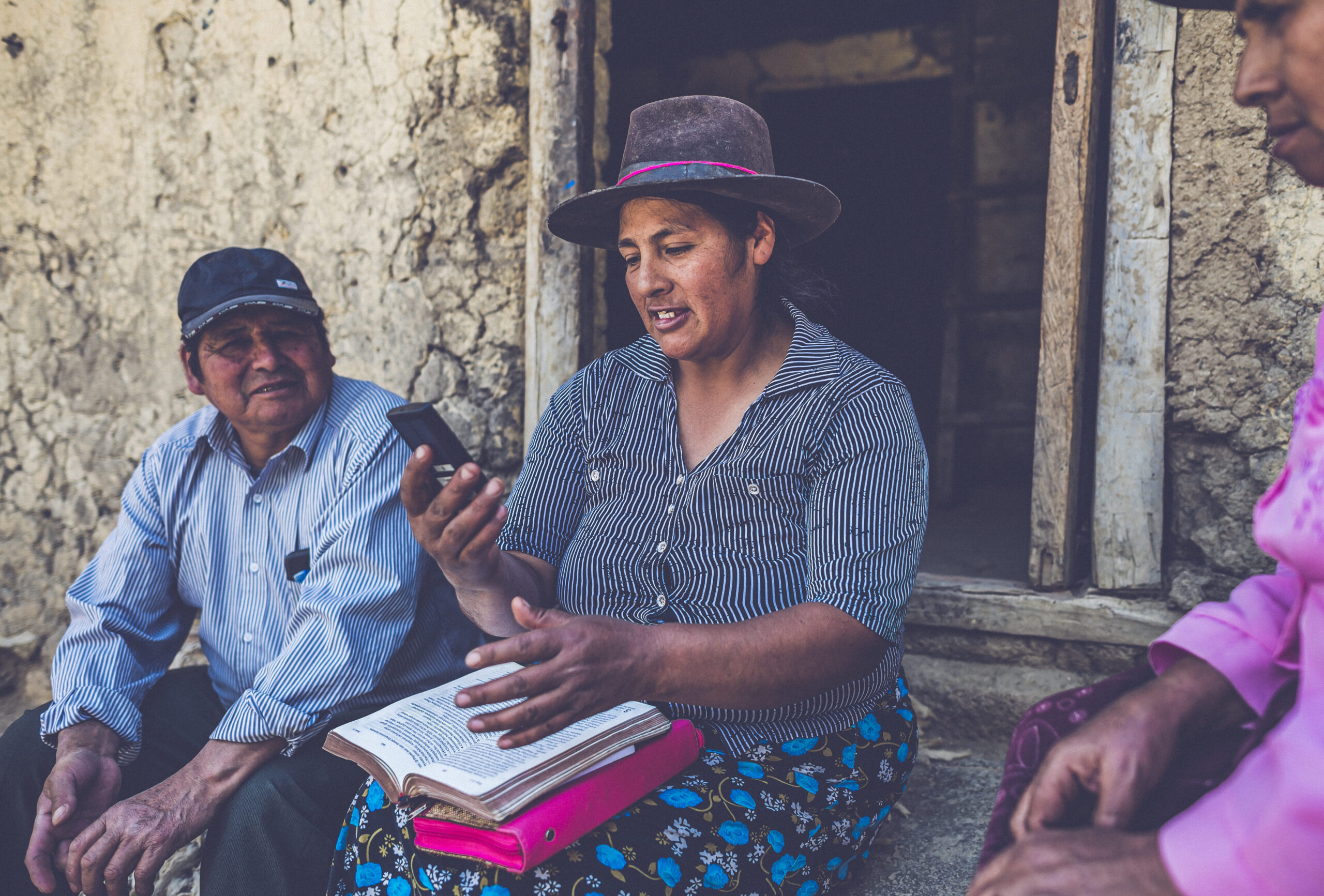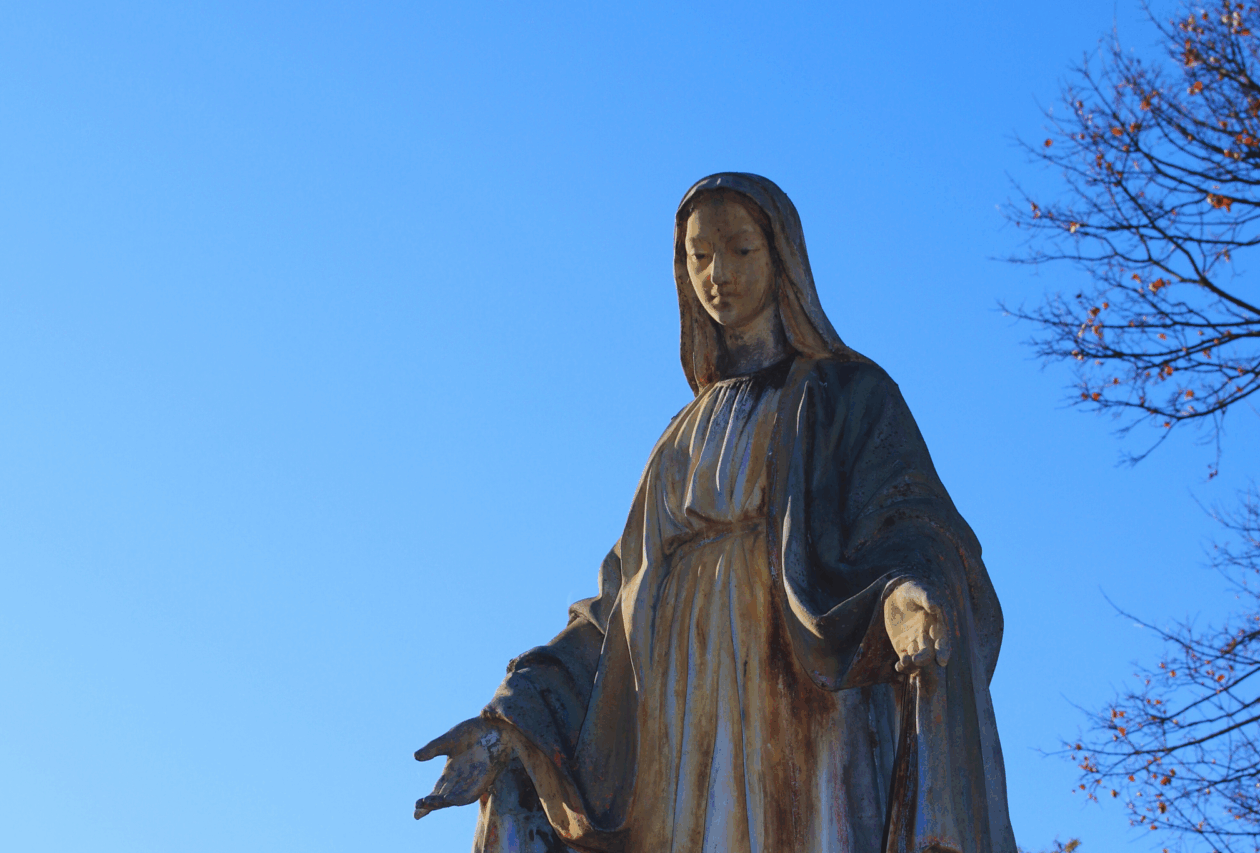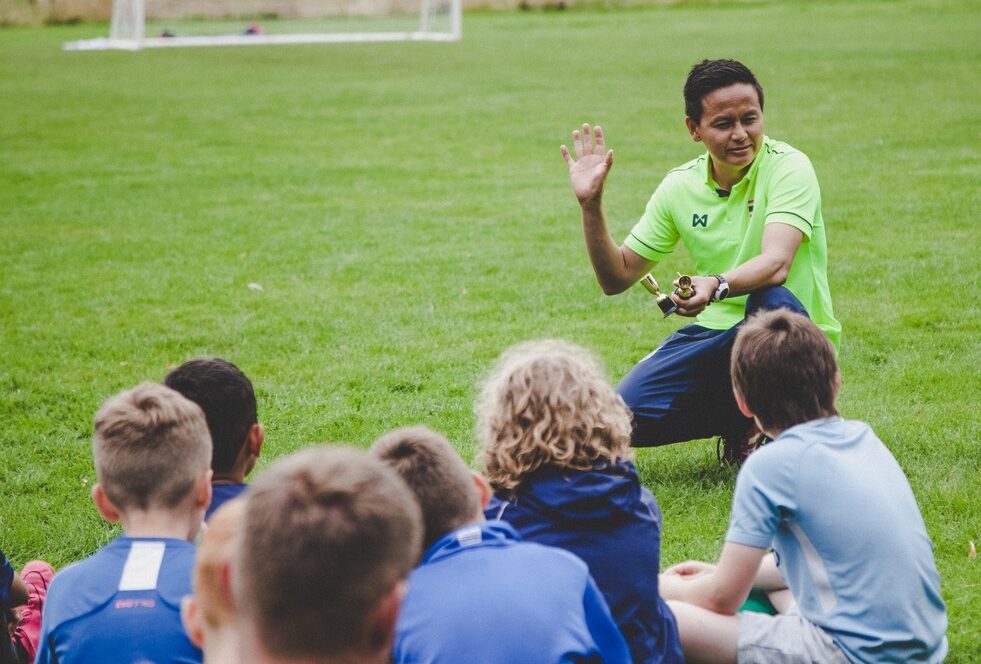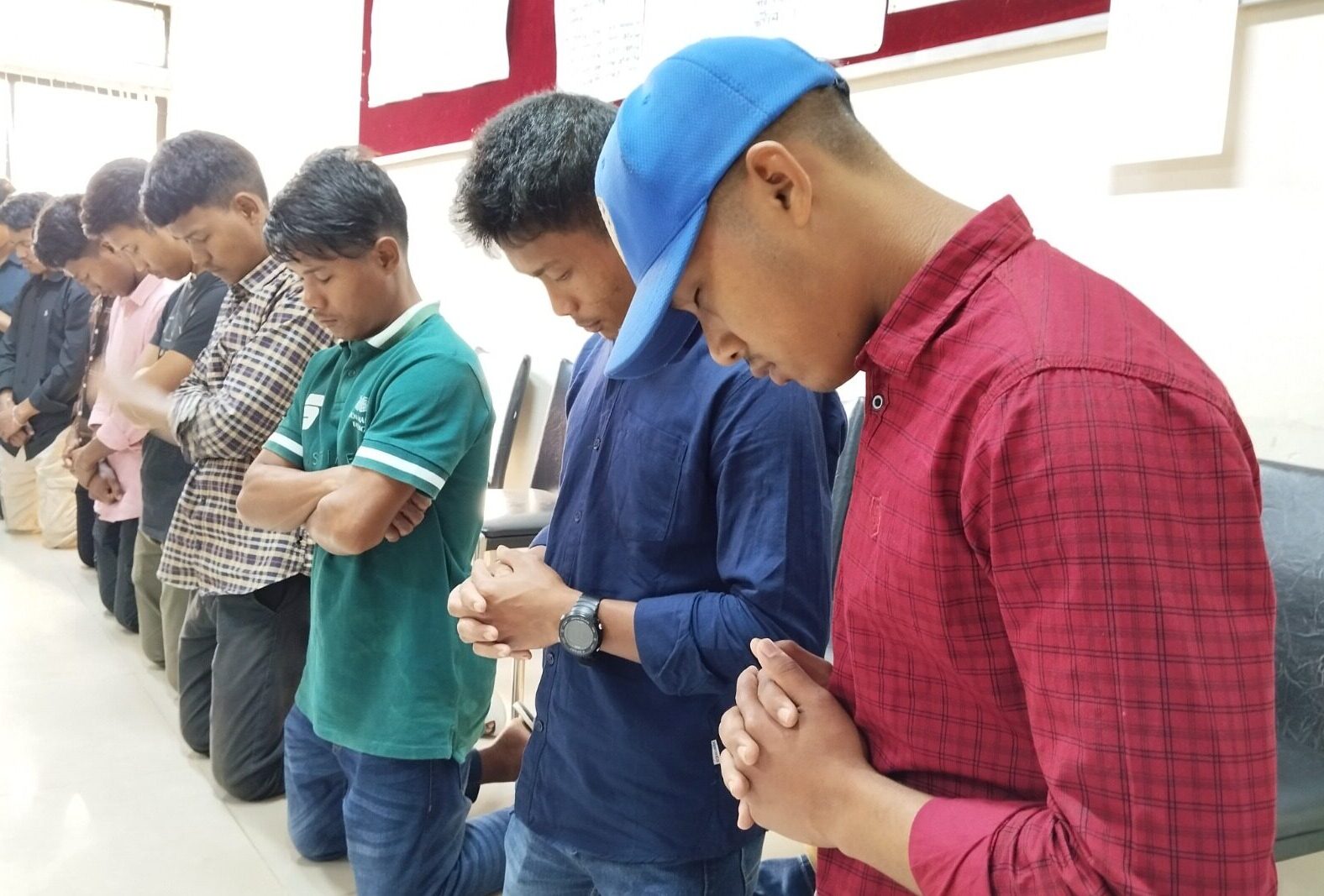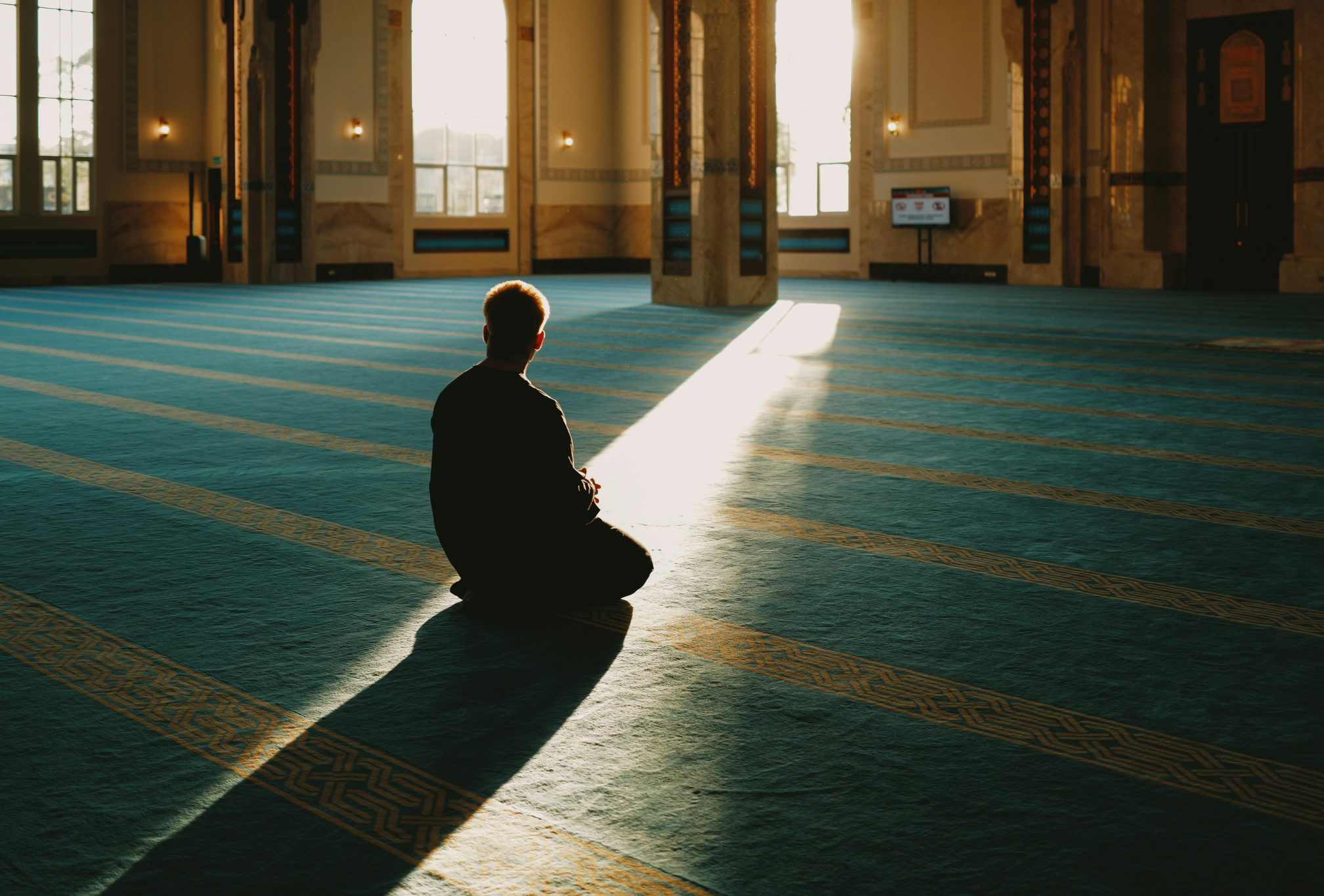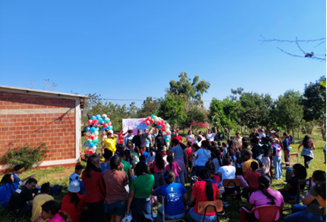By Millie Bugg
Imagine being the only Christian you know, not just in your family, but in your entire region. No church. No Bible study. Just you, your cattle, your language, and a culture that does not know Jesus as Lord and Saviour.
For many Fulani people across West and Central Africa, this is reality.
The Fulani are the largest nomadic people group in the world: proud, mobile, and historically unreached. Their lives revolve around cattle, family, and a deeply embedded code of honour called pulaaku. However, while their communities may seem distant or resistant, God has not forgotten them.
Ben Schroeder has been living and serving among Fulani communities since 2016 and his vision is clear; it is not just to see individuals come to faith, but to witness a movement of Fulani believers who live with hope, dignity, and new life in Christ.
“Our hope is that the Fulani come to a spiritual understanding of truth,” Ben says, “and step into a place of hope, grace, and compassion with their Creator.”
This is a vision shaped by years of walking alongside people, not ahead of them. There are no quick wins in Fulani ministry, only the slow, steady work of presence and prayer.
Transformation is happening, quietly and gradually.
Transformation is happening, quietly and gradually.
There is growth, not just among the privileged few, but across the general Fulani population. Education, both secular and gospel-centred, is making a significant impact. Ben explains that the Fulani have been resistant to education, but now are more open, which offers opportunities to support them and share the gospel with them.
Local churches are beginning to see the Fulani, not as outsiders to be treated with suspicion, but as a people worthy of love and investment. Conversations about faith are opening up, even in unlikely places.
“That breakthrough moment is yet to come,” Ben admits, “but we trust the Holy Spirit will work.”
The work can be discouraging. Doors open, then close. Interest rises, then fades. Yet each connection, each conversation, and act of hospitality is a seed planted in faith.
Conversations about faith are opening up, even in unlikely places.
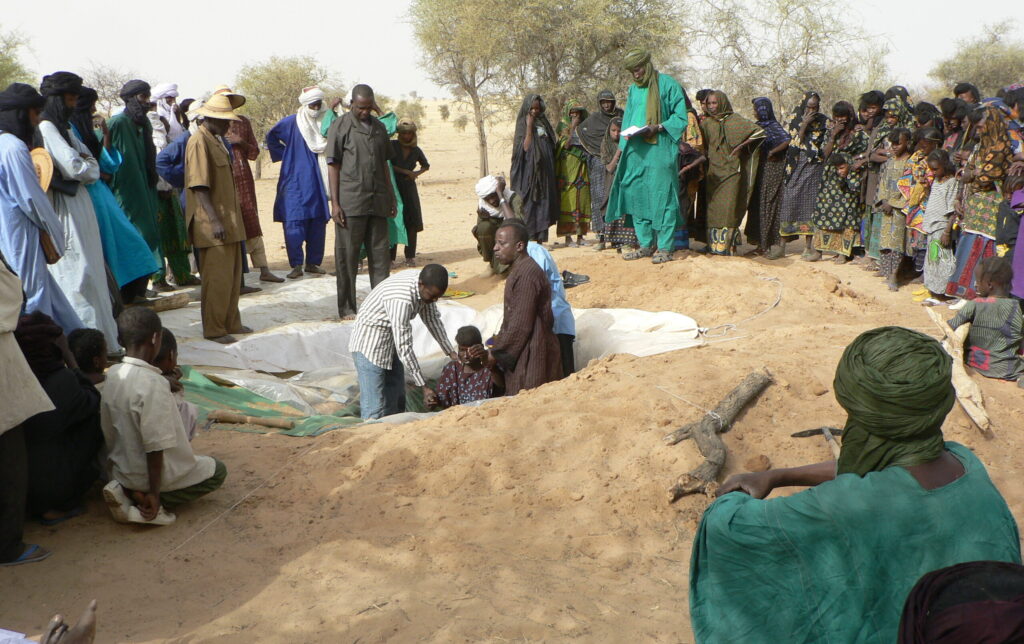
Ben says that to understand the challenge of reaching the Fulani, you have to understand their world. He says, “Their primary value is their cattle. They’re pastoralists. Traditionally, they were nomadic, now they’re more semi-nomadic.”
Pulaaku is their cultural code, and traits like bravery, patience, self-control, and modesty are central to their cultural values.
These values shape every part of Fulani life. Honour and shame run deep, and choosing a new belief, especially one seen as foreign, can mean losing your place in the community.
That’s why traditional mission methods often fall short. The Fulani need a gospel that’s not only true, but also trustworthy within their context.
Please pray
- For courage and spiritual hunger among the Fulani, that those wrestling with questions of faith would encounter Jesus in ways that honour their culture and lead to lasting transformation.
- For wisdom and perseverance for workers like Ben, as they build trust, navigate cultural complexities, and share the gospel through relationship and presence, not pressure.
- For local churches to become welcoming communities, ready to embrace Fulani believers with love, dignity, and understanding, creating spaces where faith can flourish without fear.

